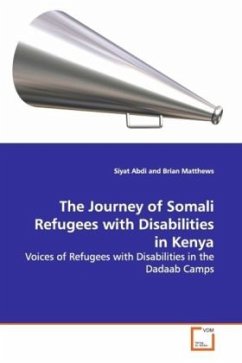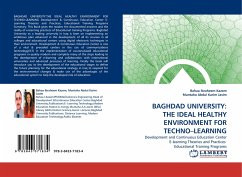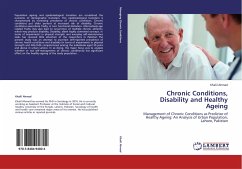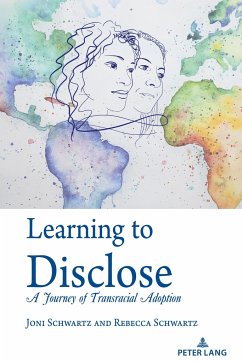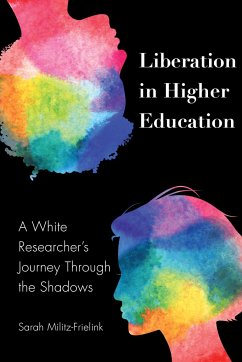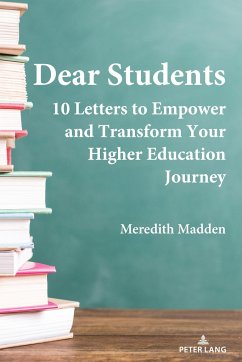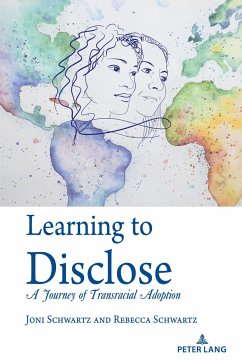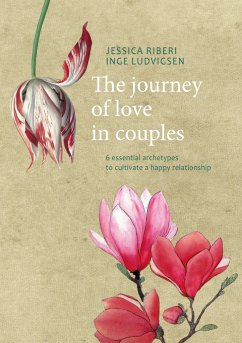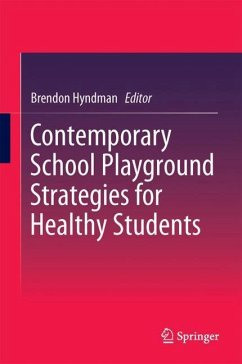
A Healthy Journey
Indigenous Teachings in Culture, Curriculum and Pedagogy
Versandkostenfrei!
Versandfertig in 6-10 Tagen
45,99 €
inkl. MwSt.

PAYBACK Punkte
23 °P sammeln!
Educational practice is increasingly challenged toaddress the unique educational needs of First Nationsstudents by recognizing and valuing their culturalways of knowing. This recognition can lead topedagogical and curricula improvements in education;accompanied by the realization that a Eurocentricframework is not the only way to transmit knowledge.This book shares aspects of Indigenous knowledge/sthat serve as a guide to the development ofculturally responsive curricula in physicaleducation, health and wellness. Knowledge was sharedthrough a variety of cultural experiences amongst theauthor, ...
Educational practice is increasingly challenged to
address the unique educational needs of First Nations
students by recognizing and valuing their cultural
ways of knowing. This recognition can lead to
pedagogical and curricula improvements in education;
accompanied by the realization that a Eurocentric
framework is not the only way to transmit knowledge.
This book shares aspects of Indigenous knowledge/s
that serve as a guide to the development of
culturally responsive curricula in physical
education, health and wellness. Knowledge was shared
through a variety of cultural experiences amongst the
author, First Nations teachers, Elders, community
educators, and other educational stakeholders;
resulting in a working model influenced by Indigenous
knowledge/s. This book is a journey of discovery
through education, research, curricula development,
and cultural identity. Teachers, teacher educators,
curricula developers, researchers and all cultural
groups will find a relational space within the
context of this work.
address the unique educational needs of First Nations
students by recognizing and valuing their cultural
ways of knowing. This recognition can lead to
pedagogical and curricula improvements in education;
accompanied by the realization that a Eurocentric
framework is not the only way to transmit knowledge.
This book shares aspects of Indigenous knowledge/s
that serve as a guide to the development of
culturally responsive curricula in physical
education, health and wellness. Knowledge was shared
through a variety of cultural experiences amongst the
author, First Nations teachers, Elders, community
educators, and other educational stakeholders;
resulting in a working model influenced by Indigenous
knowledge/s. This book is a journey of discovery
through education, research, curricula development,
and cultural identity. Teachers, teacher educators,
curricula developers, researchers and all cultural
groups will find a relational space within the
context of this work.



